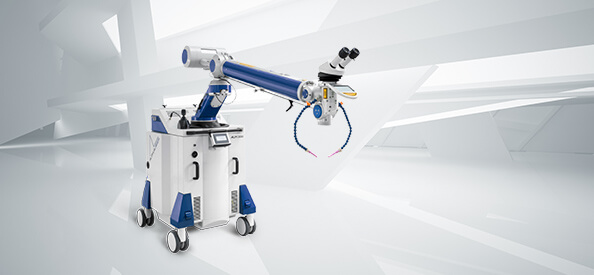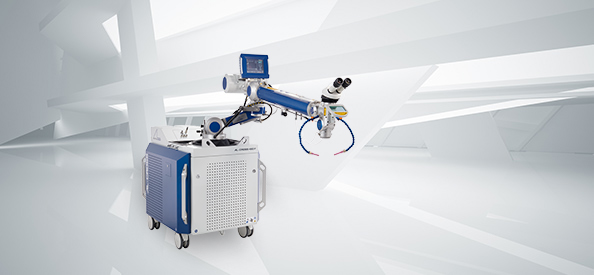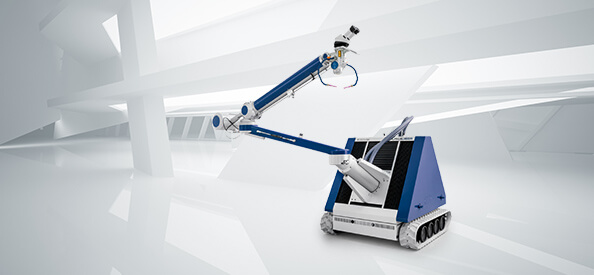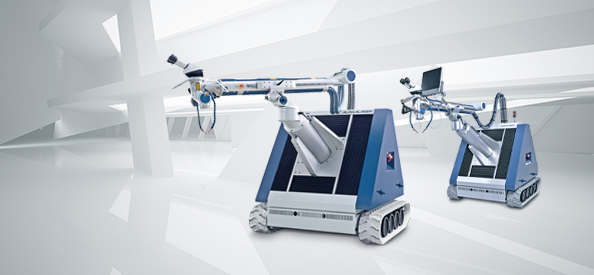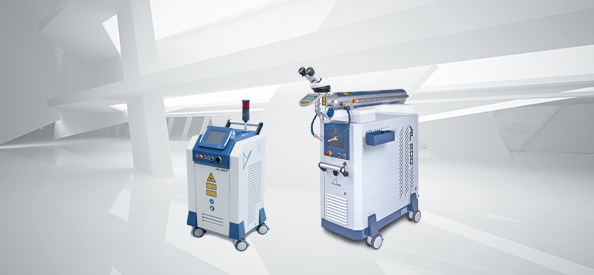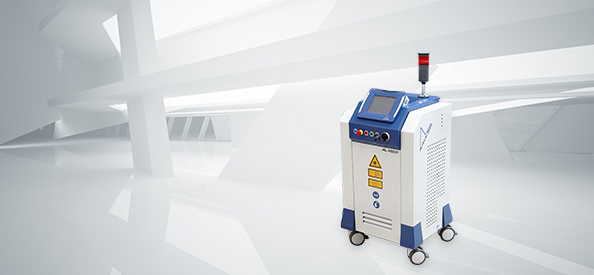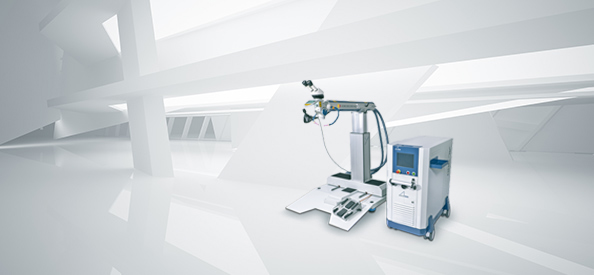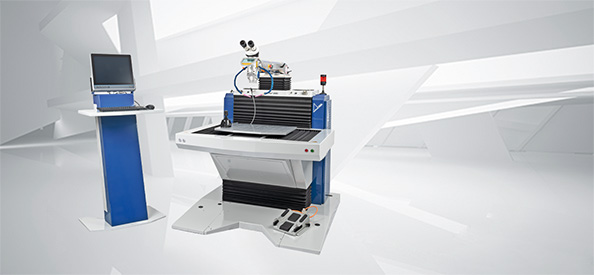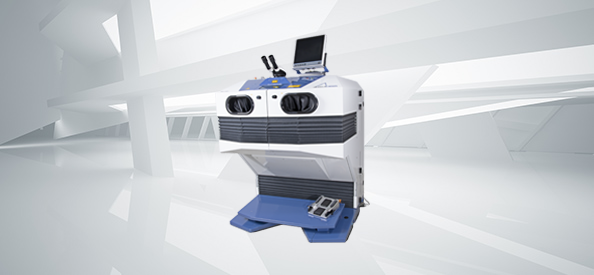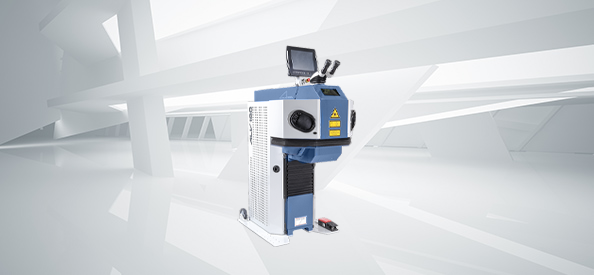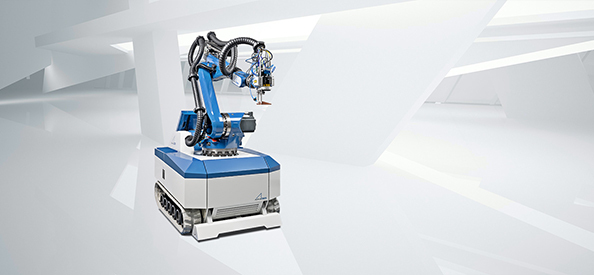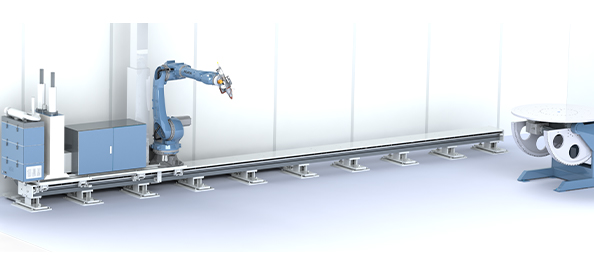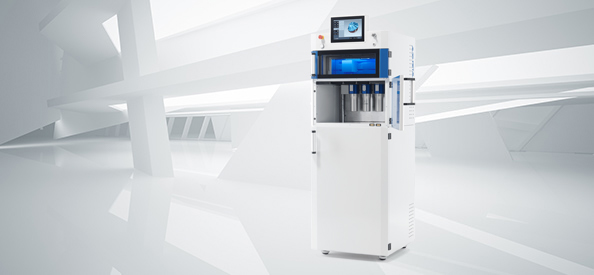- Home
-
Products
Products
- Products
-
Mobile Systems
Mobile Systems
- Open Systems
-
Closed Systems
Closed Systems
-
Laser process heads
Laser process heads
- Industries
Industries- Applications
Applications- Company
Company-
About ALPHA LASER
About ALPHA LASER
- Career
-
Purchasing
Purchasing
- Technical Support
-
Products
- Industries
Our industry solutionsFind the matching application videos for our products.
Videoportal- Applications
Your applicationsFind the matching application videos for our products.
Videoportal- Company
Tel: +49 (0)89 / 89 02 37-0 | E-Mail: info@alphalaserno more spam.deLASER APPLICATIONS IN MECHANICAL ENGINEERING
The laser as a tool for precision welding and hardening of metals has long proven itself in many manufacturing processes, and it has
even made some new processes possible. Mechanical engineering is one of the largest and most innovative industries in Germany. The product variety is enormous, and so are the application possibilities for laser technology.Part of the reasons why laser systems are very common in mechanical engineering and heavily integrated in manufacturing and repair processes are their flexibility, easy controllability of the laser energy, and the automation possibilities. ALPHA LASER systems are used, for example, for laser deposit welding with wire or powder or for laser hardening.
The Advantages of Laser Deposit Welding with Wire or Powder
Ideal for repairs on camshafts and crankshafts, compressor rotors, turbine rotors, welding work on gears, rollers, and housing parts, or for
salvaging run-in guides and thread surfaces, producing special parts, or for re-working cavities.AdvantagesYour benefits at a glance:
- The properties of the base material are retained (there is no coarse grain formation due to the small
heat-affected zone and dilution in the joint, and therefor also no
hardening). - Thermal pretreatment is usually not required.
- Only the damaged area is repaired, removal is often not required.
Maintenance can be performed on site. - By selecting the right filler material, it is
possible to achieve mending that is similar to the basic material.
Advantages of Laser Hardening
Laser hardening is a very fast and inexpensive process for marginalized layer hardening, as it allows partial hardening of stressed functional surfaces,
e.g., on gears, turbines, drills, and rotors. The achievable hardness is determined by the carbon content in the base material.
Hardening paths can be drawn on: cutting edges, bending radii, guide rails, grooves, and free-form surfaces.AdvantagesYour benefits at a glance:
- Self-quenching causes rapid cooling. No additional cooling medium required.
- Low-distortion process, as the workpiece does not require pre-heating.
- Significant time savings compared to conventional hardening methods.
- The workpiece is not dry-hardened, but instead maintains adequate ductility in the core.
- Hardening of series and small parts is possible.
Suitable Products
Find out more about other relevant laser application methods
Contact Us Kontaktieren Sie uns
Schließenש 2024 | ALPHA LASER GmbH
Handheld welding laser - Industries







